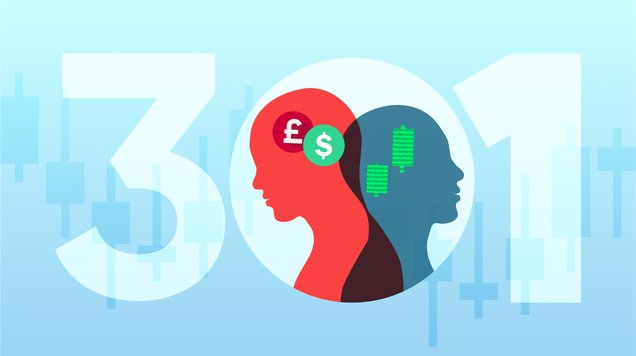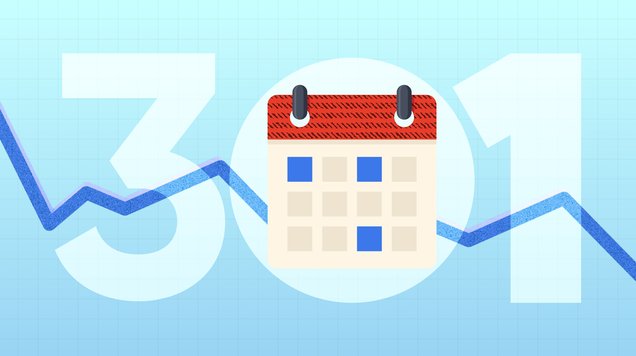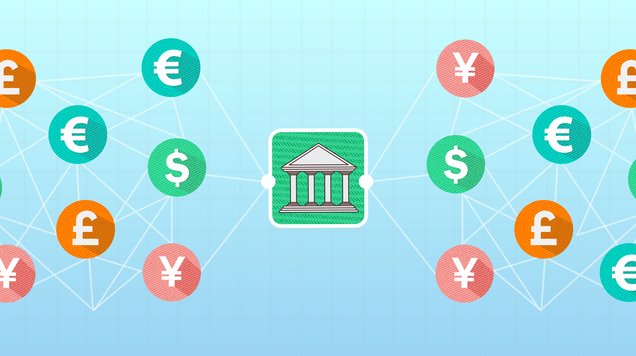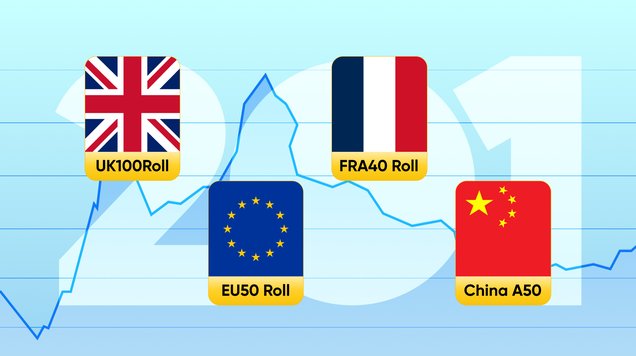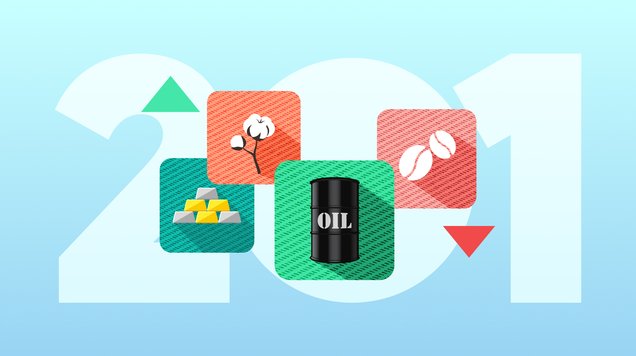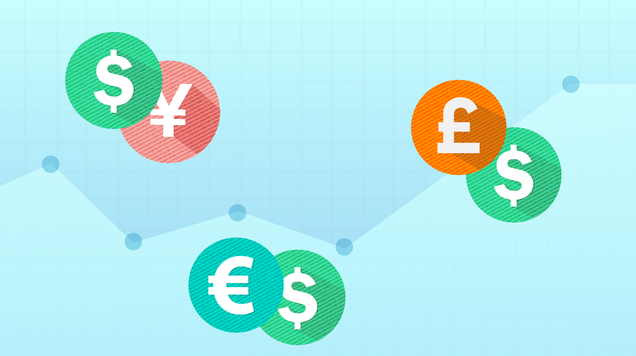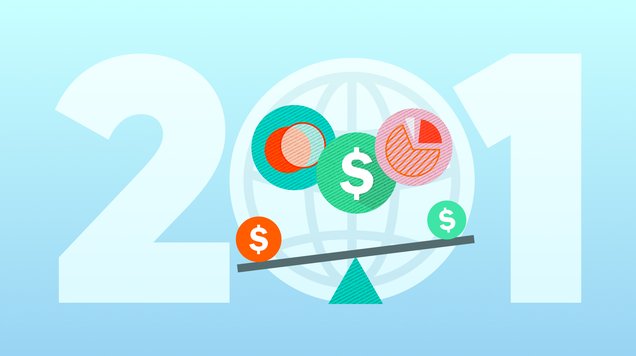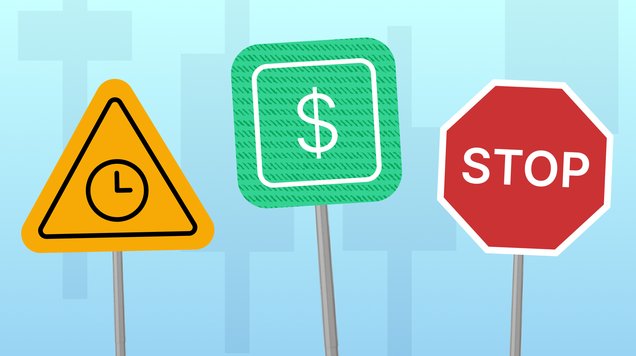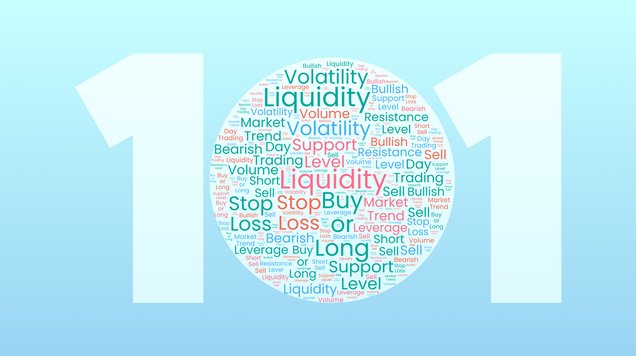Financial Markets 101
Read our beginner’s guide to financial market basics. Learn about how different types of markets work and how you can access them to build wealth.
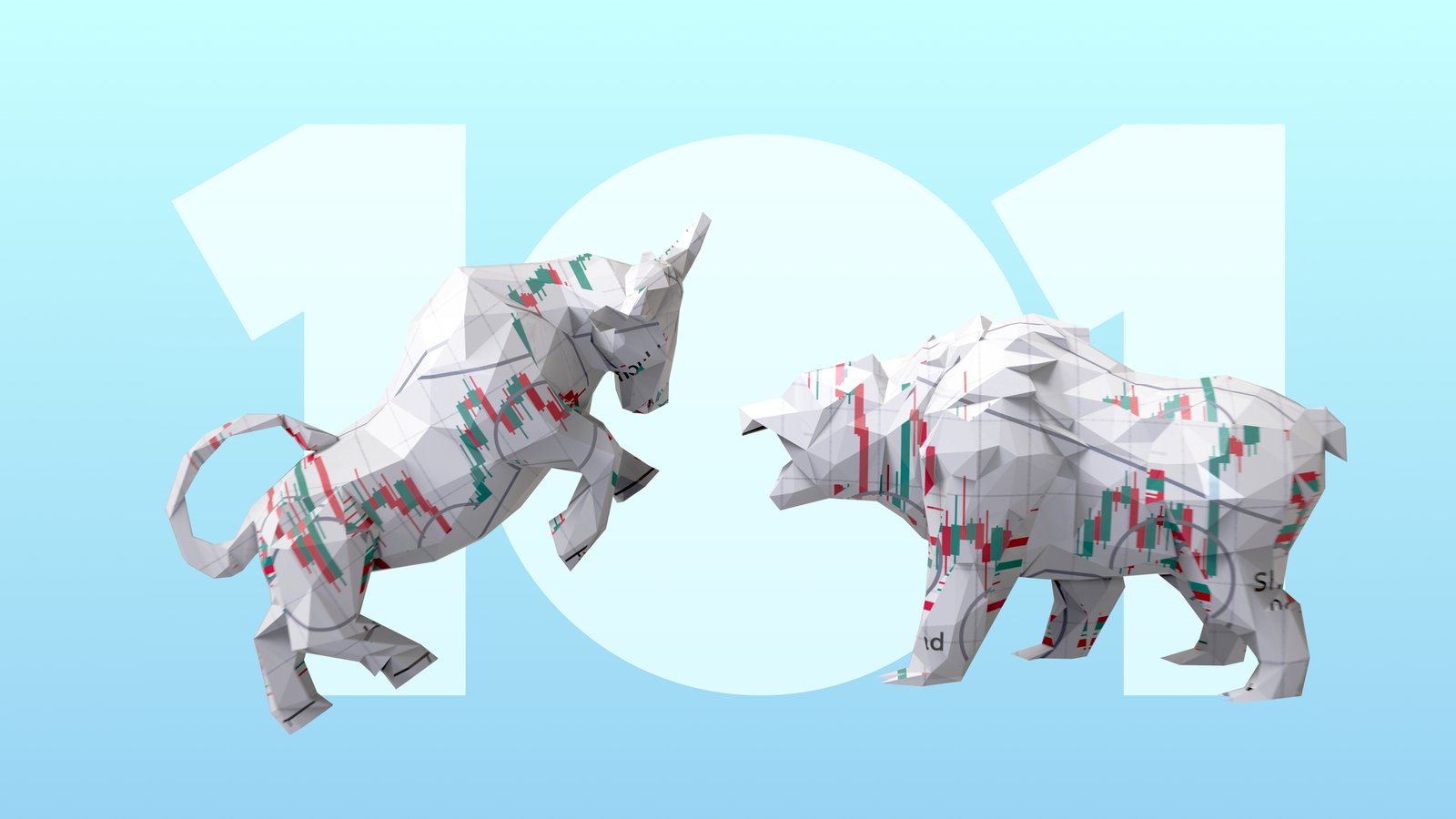
Playing a major role in the economy, financial markets are where the assets are traded between a buyer and a seller
Financial markets allow companies, governments and independent traders to raise capital in numerous different ways
Popular financial markets include debt securities, foreign exchange, company stocks and real estate investing
Common types of financial market assets include shares, bonds, currency pairs, commodities, indices, ETFs and CFDs
Entering financial markets requires opening a trading account with a broker
Introduction to financial markets
The term ‘financial market’ is used to describe a typically digital marketplace for exchanging or trading financial assets as it brings buyers and sellers together. Financial markets differ, for example, by size, structure, regulations, instruments and activity. Essentially, they are a marketplace for money as they enable those who need more money to meet with those who have surplus funds. Money (or capital) changes owner in the form of a financial instrument or product. These products include stocks and bonds, commodities and currency pairs.
Financial markets enable important economic activities that are crucial to keeping capital economies running smoothly, as investors who have extra capital can meet with those who need it.
Companies can find funding for their business to facilitate growth. Growing businesses benefit the economy by providing jobs for more people and generating more tax income for governments. Companies are able to gather funding from investors by selling shares or buying loans.
Investors can be individuals who want to invest their extra capital to build wealth, or organisations looking for to create investment opportunities or return on their investments.
There are also other participants in the financial markets. Banks and brokers act as mediators that help to connect buyers and sellers on financial markets and also facilitate the trading of financial products, whereas governments can also be active on financial markets by borrowing and lending money. Regulators also play a crucial role, as all markets need rules and regulations to protect and sustain a healthy environment for growth.
Types of financial markets
Financial markets can be categorised and divided in several ways, and most of them overlap. Here are some common ways to split financial markets into different categories based on their function, instruments and participants.
Funding, transactional and risk management markets:
One way to categorise financial markets is by their functions which are typically risk management, funding or transactional.
Risk management markets include trading of products like derivatives. In funding markets, participants look for additional funding by borrowing money or selling financial instruments, like shares. The distinction of funding and transactional markets is not completely clear, but the function of the transactional market is defined as facilitating business. This means forex and commodities markets can be seen as transactional markets.
Primary and secondary markets:
In primary markets, debt and equities are sold or issued. A common example of a primary market is when a company “goes public” and has an initial public offering (IPO) where their shares are sold to investors. Growing companies will do this to raise funds to expand their business, and shareholders invest in the hope they will receive partial profits over time as the company gains market value.
Secondary markets means that the previously sold and issued assets are sold again between investors, and can commonly include bonds (debt securities), contracts and more complex financial assets. Investors are likely to trade on secondary markets if they believe the initial expectation of the asset has later grown or dropped in value.
Centralised and OTC markets:
On centralised markets, a central entity facilitates trades and set regulations for all participants. All trades must be reported to the exchange, and market participants are granted access to the same prices for all exchange-listed products.
Stock exchanges are examples of centralised marketplaces where shares of listed companies are traded. Major stock exchanges include the New York Stock Exchange (NYSE), NASDAQ, Shanghai Stock Exchange, the Euronext, and the London Stock Exchange (LSE). Historically stock exchanges had a specific location, like NYSE’s Wall Street, but most of them operate online these days.
On over-the-counter or OTC markets, there is no central entity which means all trades are negotiated between private counterparties. Providers can offer the same products with different prices, which leads to competition as buyers and sellers look for the best deal. OTC markets follow different regulations to centralised markets and they can be located across the world.
What assets can be traded in financial markets?
Global financial markets give anyone access to financial assets and, therefore, an opportunity to build wealth. All you need is a trading account that provides secure access to markets via an online trading platform, but it’s important to remember you can quickly lose wealth on financial markets as well.
Whether you are an experienced trader or new to it, financial markets offer a variety of products to invest in and trade. These assets include shares, commodities, indices, currency pairs and ETFs.
In addition to investing in a product by purchasing the asset outright, it’s possible to make profit with derivative products too. Instead of directly buying an asset and making profit by selling it or getting dividends, CFD trading means buying or selling a contract that agrees the price of an underlying asset.
CFDs are used especially by traders with a higher risk appetite, as adding leverage presents a higher possibility for making huge returns and equally, losses. Leverage is used to describe adding borrowed funds to a trading asset, which means the investor can make a smaller personal deposit and control a larger notional trading volume.
Depending on how you seek to make profit or raise capital, different assets offer different opportunities. Shares, bonds, indices and commodities are usually longer-term investments and generate profit when sold at higher price than initially purchased. Shares and bonds can also be used to create a steadier flow of additional income as they can potentially pay back dividends and interest.
Capturing quick profits is possible through short-term trading, like day trading or swing trading CFDs. Short-term traders often seek highly volatile markets as sudden and dramatic price changes can create more opportunities to capture profits, but it is always recommended to only trade on unpredictable markets with funds you are willing to lose.
Access global markets through online trading platforms
As financial markets are mainly online today, investing and trading has never been more easily accessible for all levels of traders. You can trade on global markets wherever you are, as long as you have internet connection and a trading account with an online broker.
Most of online financial markets are global and trades are done on online platforms where traders can buy and sell assets during open trading hours. Trading platforms can be accessed through brokers that offer a selection of products with different prices. Most brokers will require a commission or other fees for allowing traders to use the platform.
Trading platforms offer retail access to financial products, but a good broker will also offer plenty of tools for traders to improve their trading strategies, follow live market data and help limit risks with management tools.
How to start trading on financial markets
It’s easy and quick to start trading, as the only thing you need to do is to set up an account with an online broker.
Before you hurry to place trades, take some time to create a trading plan that includes trading strategies and risk management tools. Having a clear plan helps you to maximise the possibility for profits and limit risk. If you’ve never traded before, you should look for a broker with a free trading demo account that allows you to practice your strategies on live markets. This will help you get a feel for how quickly markets can move before you risk any money on them.
There are plenty of brokers with similar kind of offerings, so how do you choose the best one for you? It will benefit you to trade with regulated and licensed brokers that follow federal financial rules, as they ensure the trading environment you entire is as protected as possible. If your broker does not mention who they are regulated by nor share their office address, they might not be trustworthy or contactable.
You should also pay attention to a broker’s pricing, product offering, customer service and possible extra perks and tools they offer. High volume traders will often look for brokers with spreads as low as 0.0 pips which often indicate the most competitive prices, and long-term investors will likely look for swap-free contracts or owning dividend-paying assets like bonds.
Opening a trading account can be done in minutes, and depending on the situation, you’ll be asked to share your identity and current address. Apart from that, you only need to add funds into your trading account to start making real trades online.
If you are new to trading and want to learn more before investing any money, risk-free demo accounts allow you to develop your trading skills. You get access to a real platform and can place trades with real products using virtual money. Switching from demo accounts to live trading accounts is simple and as soon as you have deposited funds, you will be able to start placing trades.
